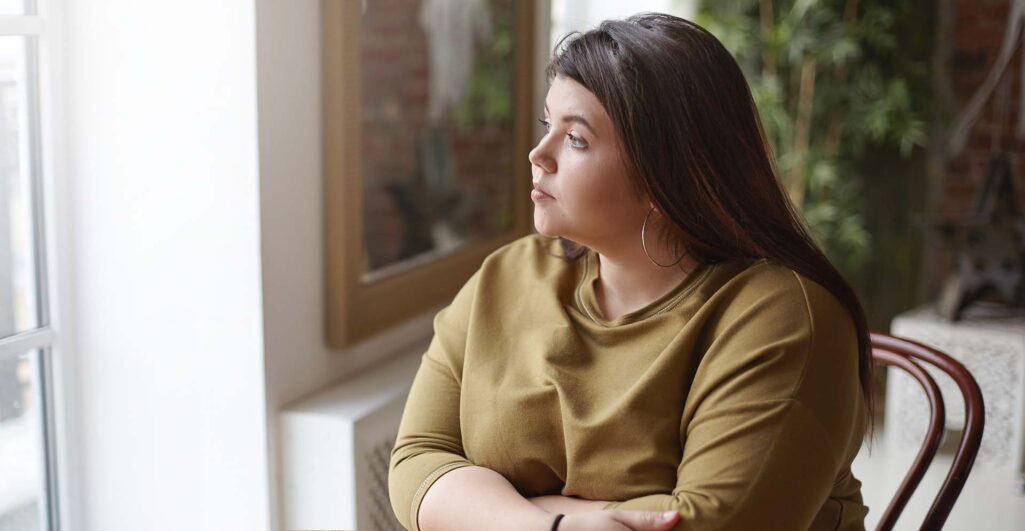Often an eating disorder is part of an addictive personality and if not dealt with properly, it will lead on to other addictions. This can be exercise, work or shopping, for example, or alcohol or drugs or gambling. An eating disorder is not usually part of a psychiatric illness.
If not dealt with properly, the eating disorder can become an obsession with the latest diet, or with health foods, vitamins, or digestive disorders.
You cannot fix obsessions by being determined not to obsess about something. The problem is within the person and not with the food. It is the same as someone suffering with an obsession with alcohol, drugs or with some other form of compulsive behaviour.
People with eating disorders discover the mood-altering properties of sugar and white (refined) flour. These two substances are mood altering. They can relieve a feeling of inner emptiness and depression. It is therefore difficult to give up these substances because they will lead to the feeling of emptiness and depression returning. It is just like the alcoholic who has to give up alcohol. They know they cannot any longer live with the devastation caused by drinking – but nor can they envisage surviving without it (this is why the suicide rate is so high amongst alcoholics). Only someone who has had an addiction like this can understand what it is like – the rest of the population cannot have any conception what the obsession, craving and emptiness is like.
Food Addiction Treatment at the Haynes Clinic

The Haynes Clinic can offer you a way out of your food addiction. You don’t need to suffer in silence anymore. There is hope. You can live a life not controlled around food a happy, fulfilled life. We would recommend a minimum of 28 days treatment which includes:
- Free Assessment – You can book a free assessment and come and look around our clinic without any obligations. Have a discussion with one of our addiction specialists, discuss the treatment program, any concerns that you have and learn about what you can gain from treatment at our clinic. To book a free assessment click here.
- Doctors Consultation – You will have a consultation with our psychiatrist who will gather information on your medical, psychiatric and food addiction history. A specialised food plan will be designed for your requirements.
- Collection – If you need picking up we can collect you from your address for a small fee.
- Counselling – You will have specialist addiction and CBT groups and one-to-one counselling sessions. These will get behind the root cause of what you are trying to avoid with your food addiction and learn to live life on life’s terms, without the need to obsess about food.
- 12 Step Program – We will provide an introduction to the 12 Step Program and teach you the tools to live life free from food addiction.
- OA – You will attend external OA meetings, which will complement the 12-step program introduction. We advise that you attend these meetings when you leave rehabilitation to continue your recovery journey.
- Workshops – Group workshops tailored to our current clients such as: Anger Management, Resentments, Managing Emotions, Co-dependency, Understanding the neuroscience behind addiction, Step workshops and many more.
- Meditation, Yoga, Acupuncture and Massages – Learning to calm the mind and focus on mindfulness in recovery.
- Aftercare – We are here to support all our clients once they return home. We offer a free day’s counselling every Friday for up to a year after you leave us and completed a 28 day treatment programme. You can get all the support you need and meet up with the friends you make when in treatment.
For free confidential advice call us on 01462 851414
